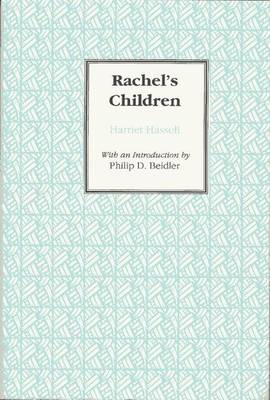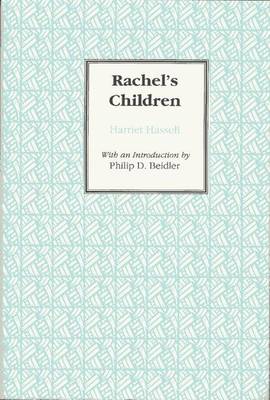
- Retrait gratuit dans votre magasin Club
- 7.000.000 titres dans notre catalogue
- Payer en toute sécurité
- Toujours un magasin près de chez vous
- Retrait gratuit dans votre magasin Club
- 7.000.0000 titres dans notre catalogue
- Payer en toute sécurité
- Toujours un magasin près de chez vous
Description
Rachel's Children, originally published in 1938 by Harper & Brothers, is a powerful story about a woman of immense psychological and spiritual presence attempting to work her way amidst structures of power, property, authority, and genealogy in a world of laws and of other regulations created, interpreted, and administered by men. It is about the particular problems of widowhood, of single parenthood, of solitary ownership and distribution of property, of testamentary intention, of standards of mental competence, of statutory definition and standing in courts of law. It is also, simply enough, a story about a woman's loneliness, aging and impending death, and a mother's love, which is at once creative and destructive.
Philip Beidler's introduction places this novel within the scheme of the literature of the 1930s and traces the literary trends that influenced Hassell's writing. He points to Hassell's definitive treatment of matters of agriculture, commerce, law, class and race relations, local manners, and folkways in the regional setting of Northport, Tuscaloosa and Tuscaloosa County, Alabama, in the early part of this century.Spécifications
Parties prenantes
- Auteur(s) :
- Editeur:
Contenu
- Nombre de pages :
- 336
- Langue:
- Anglais
- Collection :
Caractéristiques
- EAN:
- 9780817304997
- Date de parution :
- 30-08-90
- Format:
- Livre broché
- Format numérique:
- Trade paperback (VS)
- Dimensions :
- 139 mm x 204 mm
- Poids :
- 408 g

Les avis
Nous publions uniquement les avis qui respectent les conditions requises. Consultez nos conditions pour les avis.






